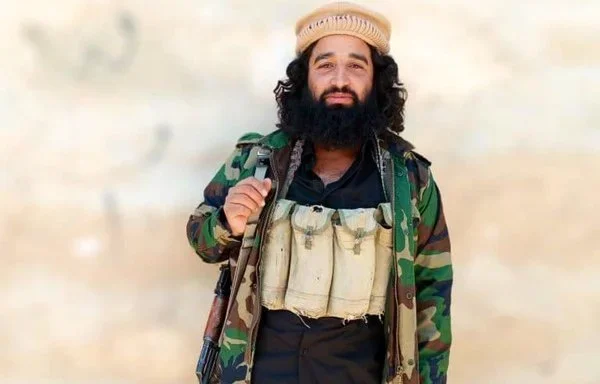Security
Yemen's al-Qaeda powerhouse descends into disarray, paranoia
Al-Qaeda's once powerful Yemen branch now struggles for survival amid sustained military pressure and internal fractures.

By Faisal Abu Bakr |
ADEN -- Numerous airstrikes targeting top military leaders of al-Qaeda in the Arabian Peninsula (AQAP) have thrown the group into disarray, leaving it fearful of infiltration even as it loses vital tribal support, experts said.
"AQAP has received successive blows from government forces in southern Yemen, in cooperation with counterterrorism allies," political analyst Faisal Ahmed told Al-Fassel.
These include the United States, Saudi Arabia and the United Arab Emirates (UAE), he said, noting that Yemeni and Southern Transitional Council (STC) forces have been conducting operations against AQAP since 2022.
AQAP has lost several key leaders in recent airstrikes in Shabwa and Abyan provinces, according to Arab media reports.
Saudi-born Abu Mohammed al-Hudhali al-Makki was killed in a February drone strike at an AQAP stronghold in Shabwa province's al-Musainaa area.
Also in February, the so-called "emir of Lahj province" Ayyoub al-Lahji, a dangerous artillery expert, was killed in a strike in al-Madkhul village.
In late January, a strike in Shabwa killed Abu Ali al-Daysi, AQAP's so-called "emir of Qayfa province," along with Abu Saleh al-Diouli, whose real name was Ammar bin Saleh bin Mohammed al-Awlaki.
The precision and frequency of these strikes has bred intense paranoia within AQAP, with deadly results, security experts said.
Paranoia and defections
"The group is experiencing its worst state ever," armed groups expert Saeed Obeid al-Jamhi told Al-Fassel.
The multiple threats it is facing have weakened it, he said.
"When the group began executing its own members on suspicion of spying, it led to significant internal divisions and desertions, including by senior officials who viewed the accusations of treason as lacking sufficient evidence," al-Jamhi said.
"The crisis also has deterred potential recruits, who fear being falsely accused of spying for enemies," he added. "The group is simultaneously struggling financially and has lost crucial tribal support."
"Many tribes that once sheltered AQAP fighters and sympathized with their aims have withdrawn their protection."
The surviving AQAP leaders are "less sophisticated and cunning compared to their predecessors," an anonymous expert on armed groups told South24 Center for News and Studies.
"These new leaders lack the experience and leadership capabilities of former commanders, resulting in a weakened command structure and diminished planning and execution abilities," the expert said.
In perhaps the clearest sign of its decline, AQAP started coordinating with its ideological opponents, the Iran-backed Houthis.
"Al-Qaeda now operates within a framework of mutual interests with the Houthis," said Abaad Center for Strategic Studies director Abdul Salam Mohammed.
"For a group that once violently opposed the Houthis on ideological grounds to end up as their tool marks its final descent, earning contempt and ridicule from other armed groups" said Ahmed, the political analyst.
Sudan